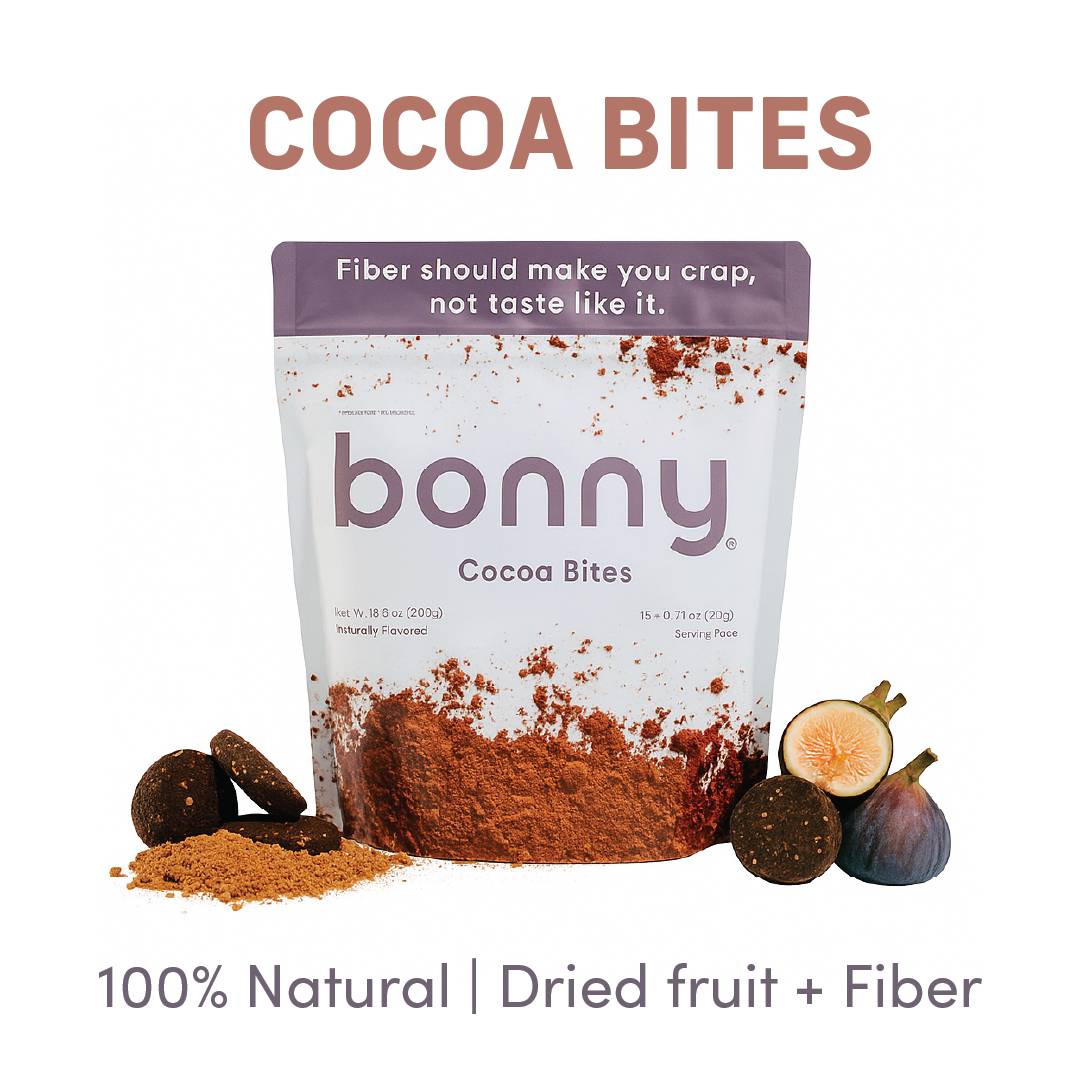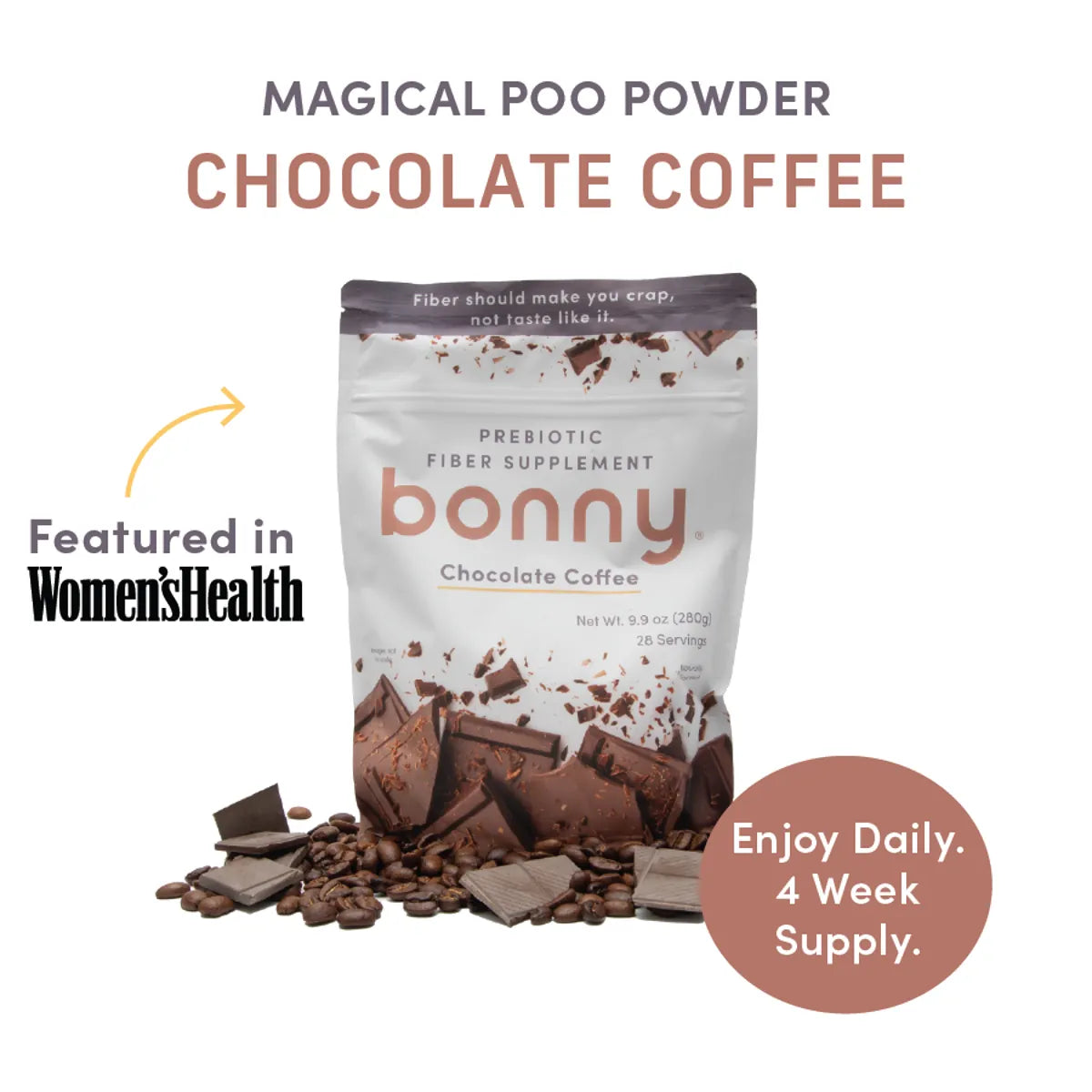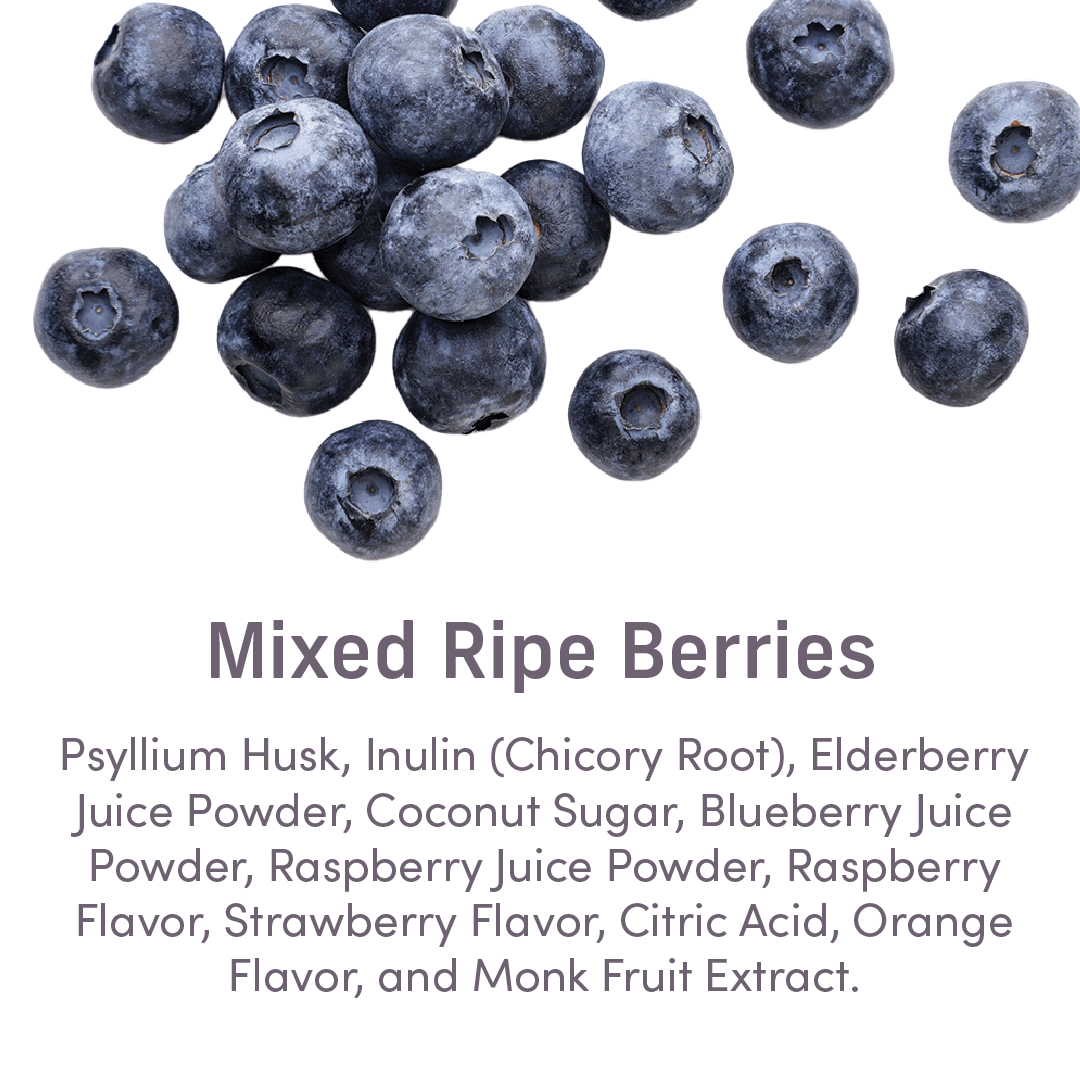It’s true that what you eat doesn’t cause or cure your ulcerative colitis (UC), but your diet *can* make a difference in your symptoms and flare-ups. There is research that shows that fiber might help prolong periods of ulcerative colitis remission and offer other benefits.
So, if you have UC, should you avoid fiber, or increase the amount of this nutrient in your diet? Well, if it was a Facebook relationship status it would be "it's complicated." Read on to learn how fiber can affect your ulcerative colitis.
What is Ulcerative Colitis?

South Park / Via Netflix / Via media.giphy.com
Ulcerative colitis is an inflammatory bowel disease that causes inflammation and sores in your digestive tract. It affects the innermost lining of your large intestine (aka your colon) and your rectum. Typically, symptoms will develop over time, rather than all at once. Unfortunately, ulcerative colitis can be debilitating and can even lead to life-threatening complications. There is no known cure for ulcerative colitis, but treatment and diet can greatly reduce signs and symptoms - and even bring about long-term remission.
What Causes Ulcerative Colitis?
The specific causes of UC are not clearly understood right now. According to the Mayo clinic, It had been previously thought that diet and stress were the culprits. However, it is now understood that they aggravate the disease but do not cause it.
A possible cause is a malfunctioning of the immune system. An abnormal response to the body fighting off infection could result in the body attacking the digestive tract.
What are the Symptoms of Ulcerative Colitis?
Ulcerative colitis is much more than just crappy digestion. There are varying ulcerative colitis symptoms that depend on where it occurs and the severity of the inflammation, but can include:
- Diarrhea, sometimes with blood or pus (sorry for the visual)
- Abdominal pain and cramping
- Rectal pain
- Blood in your stool
- Urgency to poop
- Unable to poop, despite feeling the need to
- Weight loss
- Fatigue
- Fever
- In children, it can manifest as an inability to grow
Ulcerative Colitis Diet Tips
It’s not always easy to know which foods will be best for your ulcerative colitis, but your diet and nutrition are a huge part of managing your ulcerative colitis. Even though it can feel like your diet is restricted when you have been diagnosed with ulcerative colitis, you still need to eat a large variety of foods to get all those necessary nutrients, like fiber.
Foods high in insoluble fiber are indeed a potential trigger for ulcerative colitis. But there are two types of fiber: insoluble fiber and soluble fiber. Soluble fiber dissolves in water and your GI fluids, while insoluble fiber remains unchanged as it moves through your GI tract. Soluble fiber might be more beneficial for people with an inflammatory bowel disease like ulcerative colitis.
Some research shows that fiber might help extend periods of ulcerative colitis remission and offer other benefits, like reducing blood pressure, reducing cholesterol, regulating blood sugar, boosting immunity, and helping with weight management.
What Not to Eat with Colitis

VH1 / Via media.giphy.com
There are also foods you should avoid with colitis, especially during a flare-up. Here’s what not to eat with colitis:
Dairy
Lactose intolerance affects a lot of people, but can also trigger ulcerative colitis symptoms.
Caffeine
The caffeine in coffee, tea, and energy drinks can speed up the process of food going through the colon, which can cause more frequent trips to the bathroom.
Alcohol
All types of alcohol can trigger diarrhea in some patients with ulcerative colitis.
Spicy Foods
Spicy foods, sauces, and even black pepper can be symptom triggers if you have ulcerative colitis.
Carbonated Beverages
All carbonated beverages contain carbonic acid, which irritates the digestive tract.
Now that you know what *not* to eat, read on to find out which type of food might be able to actually help your ulcerative colitis:
How Fiber Might Be Able to Help Ulcerative Colitis

America's Got Talent / Via media.giphy.com
Fiber is a type of carb (but not like spaghetti) that is found in fruits, veggies, and grains. It can’t be digested but has tons of amazing health benefits.
If fiber and ulcerative colitis were in a relationship on Facebook, it would be classified as “it’s complicated.” According to the Crohn’s and Colitis Foundation, it’s true that foods high in insoluble fiber are a potential trigger for ulcerative colitis. (Remember there are two types of fiber though.)
However, a 2020 study found that a low-fat, high-fiber diet improved quality of life for people with mild ulcerative colitis, or ulcerative colitis that is in remission. There is more science to back this up:
Some 2015 research found that dietary fiber can prolong remission from UC and reduce lesions in the intestines by reducing activity in mucosal mast cells. (These are the cells that are important for helping your gut function and maintaining your intestinal barrier. But they can also trigger an immune response, which in turn leads to inflammation.)
Another study from 2003 found that 22 people in remission from ulcerative colitis had no relapses or gastrointestinal complaints when they ate 60 grams of fiber-rich oat bran every day for three months. (The FDA recommends that adults get 28 grams of fiber every day, so 60 grams a day is quite a lot!)
However, fiber is generally not good for you during a UC flare. During a flare-up, you will most likely want to follow a lower-fiber diet. That is because fiber can aggravate symptoms for some people, particularly during a flare. This is especially the case with insoluble fiber, which doesn’t dissolve in water.
How to Add Fiber to Your UC Diet
There are ways to make fiber easier to digest or reduce the amount of fiber in a food, while still getting some of that fabulous fiber into your belly. The Crohn’s and Colitis Foundation recommends cooking your veggies until they’re tender, always peeling your fruits and veggies, and removing the seeds to help cut back on the insoluble fiber. A fiber supplement like Bonny is another gentle and easy way to add fiber to your diet.
Before adding or reducing fiber in your diet, it’s always a good idea to check in with your doctor or dietician.
Try Bonny to Help Your Ulcerative Colitis
Fiber is an important part of your nutrition and health. Fiber can help you eat, poop, and be happy. If fiber is beneficial for your ulcerative colitis diet, try Bonny!
Bonny is the all-natural, plant-based fiber supplement for pleasant poops (and hopefully, to ease some of your intestinal issues.) It’s nothing like that stuff from the drugstore. Bonny is fruit-flavored fiber that actually tastes AMAZING. Bonny contains a blend of psyllium husk and inulin which are both high in soluble fiber content. Bonny also comes in amazing flavors like Apple Pie, Mixed Ripe Berries, and Super Strawberry.
As always, we wish you pleasant poops!




